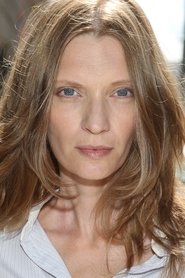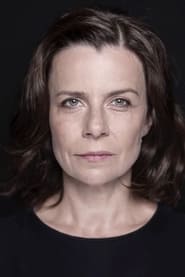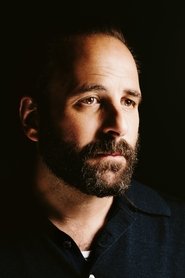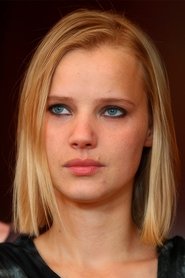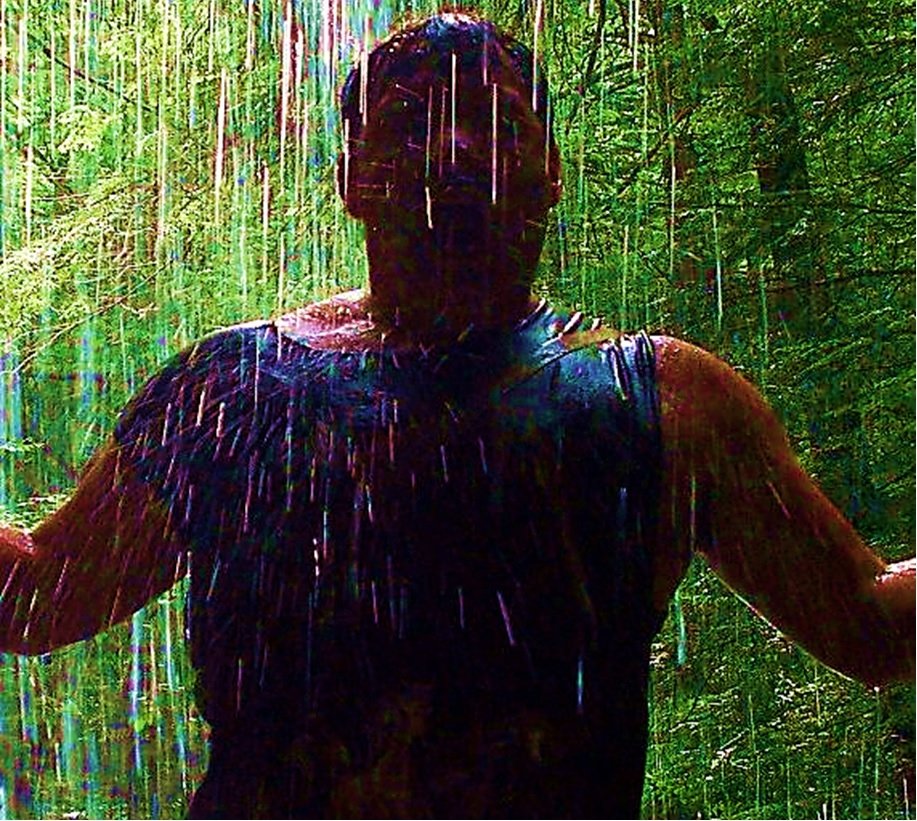When the house of peace was disturbed!
From the director Anne Fontaine. Like any of her works, this is another top class women oriented film. But it was partially based on the incredible true story. Partial means, no one knows what was the actual event. The director and her writers inspired by the diary the French doctor who worked for Red Cross in Poland at the end of the World War II, who wrote down her experience on it. So, with the small-small facts the story was built on for the film. Well done job by the cast and crew.
Whenever you hear the word/abbreviation 'WWII', it always bound with nazi Germans. Since this tale takes place just after the war, when the Soviet took over the Poland from them, it is set to reveal one of the extremely hidden secrets. Just imagine how secret it is, like you have read many books and have seen many films regarding the WWII, but you have never heard about this, until now. It is a heart rending tale, but the thing is everything's about the aftermath, how they handled their state of condition.
Mathilde, the French doctor is fetched by a nun from the nearby convent is shocked when she reached there to see most of them are in the final stage of their pregnancy. They were sexually abused by the Soviet soldiers, but now she as to keep it quiet as requested by the mother superior. She's being an atheist and to whom she's treating, the believers, is exactly the opposite kind. But not just her, the nuns as well put aside their differences to overcome their situation.
❝For us nuns, the end of the war does not mean the end of fear.❞
It's right on the coldest winter, does not tell about the original violence, but there's still a few incidents about the army atrocities, how they treated innocent nuns, even the Red Cross members. But remember nothing was the actual depiction. It would have been even better if it was a documentary film. Doing some research and telling us the tale, reading exactly as what was written in the diary. But the film was not bad, except the scene to scene, event to event it was very slow to move, except right on the point.
The story has a twist, but it was not like very powerful. It depends on how you would consider it. Because for me, I felt it was too cruel, hard to take on. The story about church people means, you would expect a gentle kind. Or even in such situation, as in this film, to react as much as possibly generously as what they're known for. But in the first place, it was no ones fault. They all fighting for the same reason, especially keeping the outside world in mind, each one reacted differently. So it is understandable, but not all the acts were respectable.
As the director said in her interview, this is a period film, but pretty much the same in the contemporary world where war is on. The violence against the innocent women. So it is a debatable topic. And if it was directed by some male filmmaker, he might have risked with the violences in the flashback scenes to bring more depth in the narration. The present film is kind of compromises on that, but still not easy to watch everything it shows. Particularly for the families. Great performances by all. One of the best films on this theme and of the year. The film is not to be ignored. Despite not about the war, but just like 'Under Sandet', about the following event.
8/10
When the soldiers of the Red Army are just as bad as the German occupiers
Seven months after the end of the European theater of WW2, a nun from a convent in Poland seeks the aid of a French Red Cross worker, who’s helping French survivors of the concentration camps (Lou de Laâge). It turns out that some Russian soldiers paid a barbaric visit to the convent when they were taking over the territory months earlier.
“The Innocents” (2016) is based on the true story of Madeleine Pauliac when she was working as a doctor in Poland, renamed Mathilde Beaulieu for the movie (Lou). It has a similar milieu to “Black Narcissus” and “Agnes of God,” except that it’s rooted in a real-life account. It’s not as good the former IMHO, but it’s superior to the later.
You could call this a WW2 drama and it works as a realistic period piece. I’m glad the scriptwriters added the relationship of the Hebrew doctor with the protagonist, which works up both historical and human interest amidst the glum proceedings. Lou de Laâge is one of the highlights. She’s a pleasure to behold and her lips are exquisite.
The film runs 1 hour, 55 minutes, and was shot in northeastern Poland at Morag, Krosno and Orneta.
GRADE: B


